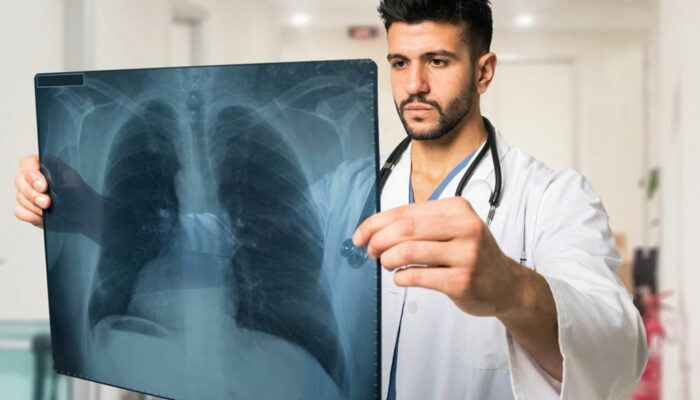
Symptoms and Risk Factors for Prostate Cancer
Prostate cancer is a type of cancer that develops and affects the prostate gland. This gland is located in the pelvic region in men. About 11% of men around the world suffer from prostate cancer. This cancer occurs due to gene abnormality; the cells multiply progressively. Due to this unchecked multiplication, tumors are formed.
Prostate cancer, if left unchecked, can spread from the tumor to the surrounding healthy tissues and lymph nodes. Eventually, it might affect other organs as well. It is a deadly condition. The top risk factors of prostate cancer must be taken care of, to reduce the chances of the disease occurring.
Symptoms of prostate cancer
Early stages of prostate cancer may be devoid of symptoms entirely, and sometimes it is only after cancer has spread, that symptoms are experienced by the patient. Common symptoms of prostate cancer include:
- The need to urinate frequently
- Blood coming out with semen
- Erectile dysfunction
- Pain experienced while trying to sit
- Pain experienced while urinating
- Loss of appetite
- Weight loss
Once the cancer has reached an advanced stage, symptoms experienced may include:
- Back pain
- Alteration of bowel movement
- Swollen legs
- Bone pain felt in the shoulders, thighs, and hips
- Fatigue
- Weight loss
- Bone fracture
Prostate cancer symptoms are extremely painful and cause a lot of discomfort. Top risk factors of prostate cancer must be kept in mind and controlled so that there are low chances of the development of cancer .
Risk factors of prostate cancer
Not all the risk factors of prostate cancer can be changed. Even a person with no risk factors can develop cancer. Factors like genetics are not in your control, but there are certain things that you can do in order to keep cancer at bay. The top risk factors of prostate cancer are:
- Age
After the age of 50, men are more likely to develop prostate cancer. Men younger than 40 rarely get prostate cancer.
- Genetics
Prostate cancer is highly hereditary. Males with a family member having a history of prostate cancer may have higher chances of developing prostate cancer. If there is more than one relative with a history of prostate cancer, it increases the risk.
- Weight
Overweight men are more likely to develop complications from prostate cancer.
- Diet
Individuals with high-calorie intake belong to a high-risk group. Lack of fruits and vegetables in your diet may also be a contributing factor. Leading a sedentary life devoid of exercise may increase your weight and increase your chances of developing prostate cancer.
- Smoking
Smoking is not healthy for overall health and it increases the chances of developing prostate cancer as well. Quit smoking as it may lead to a decrease in the chances of developing this condition.
Prostate cancer is a painful and debilitating condition that causes great discomfort to the patient. However, taking care of the risk factors and getting proper treatment can improve the quality of life and even cure the disease if detected in the early stages.



